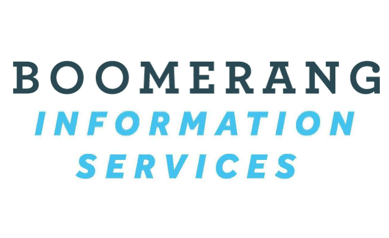Of the many traditions, institutions and social structures adversely affected by COVID-19, the nonprofit sector is perhaps among the most vulnerable. Called upon to continue serving as a safety net to those most in need, nonprofits are simultaneously finding themselves in financial peril. The stress on the sector is real and could mean the closure of critical services in our communities.
In a typical year, according to data from the Nonprofit Finance Fund, less than 25% of nonprofit organizations have six months of operating reserves, and close to 10% have less than 30 days’ cash on hand. This context may help explain recent data from a San Diego study which indicates that only 35% of nonprofits were certain they could make payroll eight weeks after the start of the pandemic.
Across the country, nonprofit organizations large and small are furloughing staff and struggling to keep their services in place. Among those hardest hit are arts organizations, many of which depend on revenue from tickets and paid programming to supplement what they raise from donations. Other direct service organizations – from those tutoring low-income youth to those feeding the homeless – have had to discontinue programming as part of complying with shelter-in-place mandates. The inability to serve their clientele in a traditional fashion means that not only are nonprofits having to find ways to innovate, which are often cost-intensive, they are also likely to inherit a larger and more complex caseload on the other side of this pandemic. We will almost certainly emerge as a society in which many of our nation’s most vulnerable – the mentally ill, homeless, immigrant and jobless populations among them – will struggle to make their way in a new normal.
The vital work of nonprofit organizations will be essential to our nation’s full recovery. Because of this, the recently passed CARES Act contains several provisions designed to benefit the social sector. 501(c)3 organizations were deemed eligible for the PPP – or Paycheck Protection Program – allowing them to apply for loans for up to 250% of payroll replacement. However, due to the fact that many nonprofits work with large financial institutions who have been slower to process their applications, and the fact that small businesses are applying to the same loan fund, it appears that nonprofit organizations are struggling to secure a meaningful portion of the available loans. It appears likely that the the PPP funds will be depleted before many nonprofit organizations are funded through this program. Simply put – these funds will be insufficient to resuscitating the sector.
If there are nonprofit organizations – or significant social issues – that you feel strongly about, all is not lost! You can still take action. Donors and volunteers are needed more than ever, and your donation of money or time could make all the difference. Below are several important steps that you can take:
- DONATE LOTS – In order to incentivize donations, the CARES Act eliminated the Adjusted Gross Income provision for charitable donations which means that, for the remainder of 2020, you can take an income tax deduction for charitable donations for up to 100% of your total income.
- DONATE LOCAL – Think beyond the typical organizations you know and love. If you are worried about the fate of all nonprofits in your community, look to your local community foundation. Many have set up COVID response funds that allow funds to be funneled to a community’s social safety net – supporting a variety of local nonprofits.
- LEAD WISELY – If you currently sit on the board of a nonprofit organization, make certain that there is a strong communications protocol in place to alert clients, donors, and other stakeholders to your new reality. If reviewing or implementing a strategic plan, consider reviewing and revising the priorities in your plan.
- GET INVOLVED – Many nonprofits are rethinking their services and – in the interim before we return to normal interaction – relying on volunteers to help during this crisis. Again, community foundations, United Ways and other nonprofit hubs are often coordinating a response, even during the pandemic. As to the days after we return to normal interaction, nonprofits will need you more than ever. Contact an organization close to you to find out how you can help. They will most certainly have an idea.





